GANBARU
(temporary title)
2022 - ongoing
Very few people know, even in Japan, that there is a community of girls and young women who practice sumo and want to become professional wrestlers. But the road seems harsh.
What we commonly refer to when talking about sumo is Oozumo, which is steeped into Shintoism. In that form of sumo, women are not allowed to step in the dohyo. Several incidents occurred those recent years. In 2018, the mayor of Maizuru suffered a stroke on the dohyo while presenting a tournament; two emergency nurses who happened to be there rushed to try to save his life, but the referee tried to prevent them from entering the sacred ring. In the same year, the female mayor of Takarazuka was not allowed to make the opening speech of the championship on the dohyo like her male predecessors. This kind of context contributes to build up an image of sumo being a men's world.
But another form of sumo, practiced as any other sport, is open to women ; it's called joshi-sumo. Katherine Longly went to Japan to meet the women who fight very hard to be able to practice their sport as professionals. She photographed them, followed them in trainings and competitions, and had long chats with them. Despite of their strong determination, they face obstacles.
Sumo is a contact sport where it is important to develop muscles and where injuries are frequent. Therefore, women wrestlers do not fit the standards defined by the ideal of a petite, "kawaii" Japanese young woman. It's not easy to assume a different type of body in such a normative context. Many girls stop practicing at teenage years because they cannot handle the pressure. Additionally, wrestlers have to fight hard against the stereotype of women sumo as fat and almost-naked women, which is a fantasy rooted in a very different context.
But the biggest problem consist in the lack of infrastructures to be able to practice sumo at a professional level. Sports clubs are most of the time linked to schools or companies. Even if it's true that a few school and universities' dojos are still reluctant, many of them are welcoming for women. But after university, there is almost no companies that open their sumo dojos to women. So they usually have to give up their passion after university to find a job and make a living. Nowadays, it is therefore not possible for women to become professional wrestlers.
But there is hope.
The Japan sumo Federation aims at making sumo an official olympic sport. But all olympic sports have to be open to all genders, so serious efforts will hopefully be made in a near future to reinforce and enlarge the community of women sumo wrestlers.
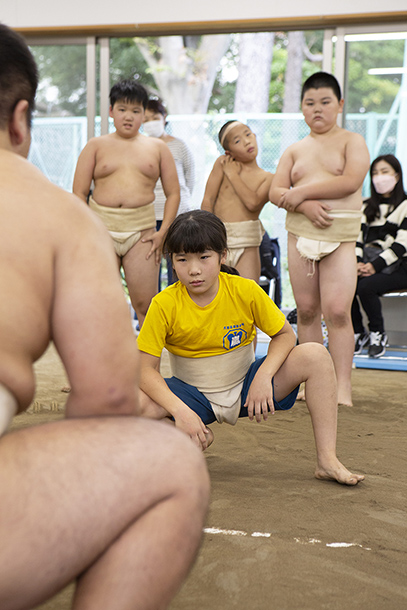 |
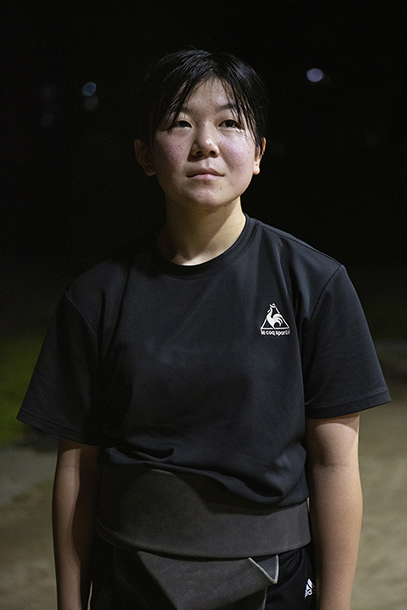 |
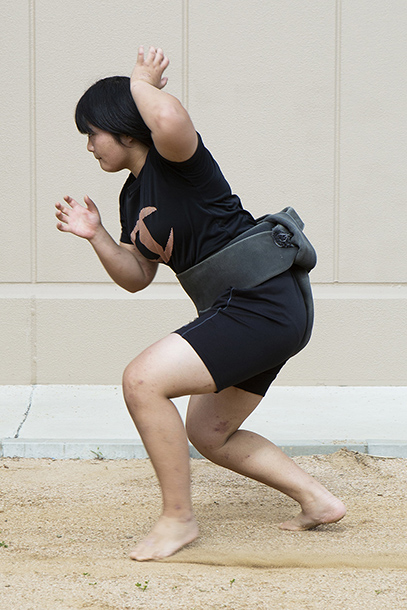 |
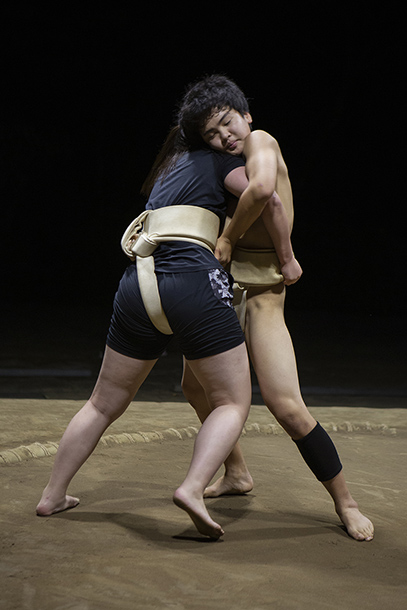 |
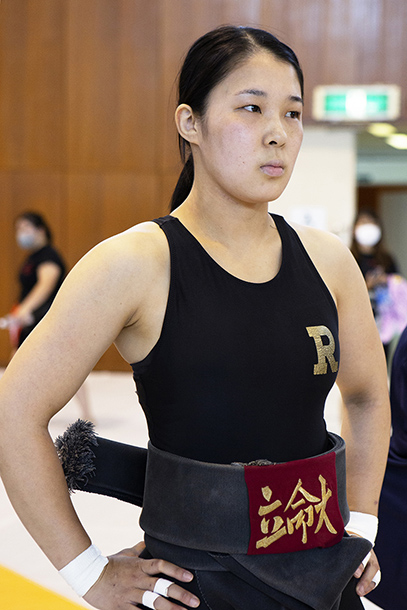 |
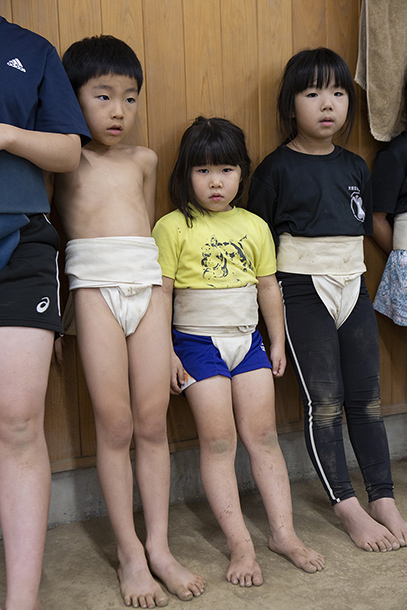 |
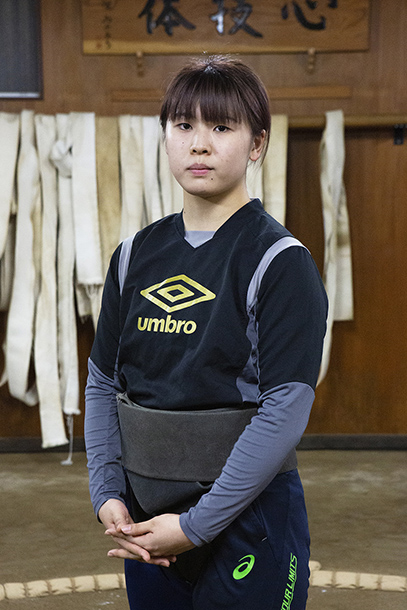 |
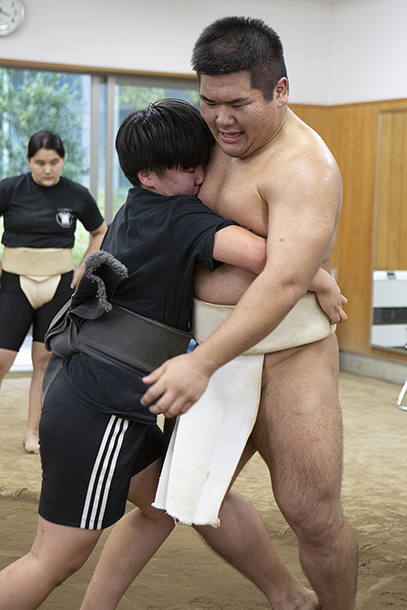 |
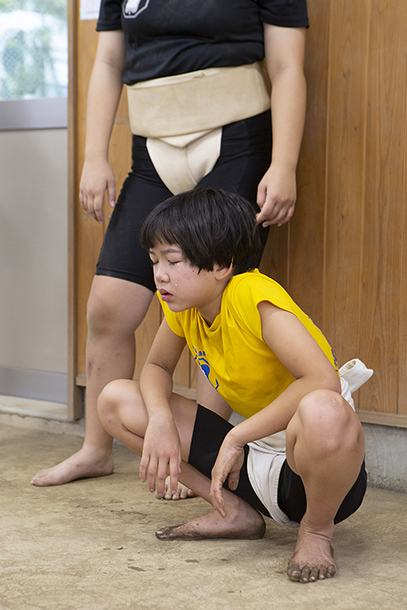 |
